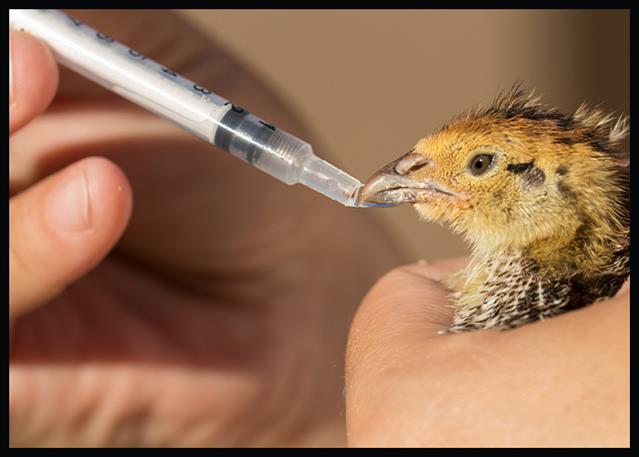
Dairy farmers in the U.S. are taking several steps, including banning visitors, cutting trees, isolating cattle and disinfecting vehicles visiting the farms, to protect themselves and their cattle from the avian flu, according to a report by Reuters.
So far, the U.S. Department of Agriculture reported bird flu outbreaks in Texas, Kansas, Ohio, Michigan, Idaho, New Mexico and North Carolina, with the first case being reported on March 25.
The USDA assured that till now the infections have not been transmitted to humans but advised the states to test and treat the potentially affected farm workers.
“Think of our farm now as a gated community for cows,” Karen Jordan, who raises about 200 dairy cattle in Siler City, North Carolina, told Reuters. “Only the most essential person can get past the gate.”
Jordan further said that she has also cut several trees on her farm to avoid attracting birds during the migration season. She has also limited visitors at her farm to avoid transmission of the virus through bird droppings on shoes or vehicles of visitors.
Another farmer from Indiana, Steve Obert, told Reuters that he requires drivers to disinfect their vehicles before entering his farm, whereas Brent Pollard, an Illinois-based farmer said that he kept his newly bought calf in isolation for 21 days.
According to CDC and USDA, avian flu is primarily transmitted through birds, causing symptoms such as discoloration of legs, twisting of the neck, loss of appetite, lethargy, and eyelid swelling. The government had culled around 58 million birds last year to limit the spread of bird flu.
The outbreak has severely affected milk production after the USDA reported that the bird flu virus had been found in unpasteurized milk samples. However, it ensured that the commercial milk supply “remains safe due to both federal animal health requirements and pasteurization.”
The agency explained that the U.S. dairies only permit milk from healthy cows for further processing whereas the milk from sick cows is destroyed.
It further stated that in case contaminated milk enters the supply system, the mandatory pasteurization process will ensure the milk’s safety as it “has continually proven to inactivate bacteria and viruses”.
Copyright © 2024, RTTNews.com, Inc. All Rights Reserved.















